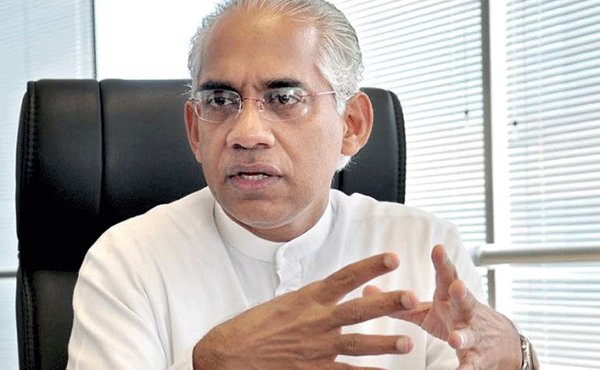He was delivering the keynote speech at the inauguration of a three-day symposium of the International Cooperative & Mutual Insurance Federation in Colombo today (07).
Outlining the risks faced by insurance institutions, he said, “One longstanding, major problem in the insurance sector has been insuring against risks that affect rural communities. For example, agricultural crop insurance is difficult. Insuring farmers against fluctuations in weather or bad harvests is a serious issue. Yet there is very little of it in Sri Lanka.”
“In another example, despite discussing labor market flexibility, we still don’t have insurance for government unemployment. These are some of the risks that people face, which ought to be insured against.”
He commended the initiatives of the International Cooperative Mutual Insurance Federation to integrate Sri Lanka into its partnership programme of attempting to reach out to five million under-served households in five countries over 5 years.
“We need to unlock the economic potential of the country. I must stress that while the government is here to serve the people, it realistically can’t rescue a firm or industry at every turn. In fact, government rescue is a weak form of insurance. For example, in the agricultural sector, by throwing subsidies at farmers and then taking it back by increasing prices and taxes, are the farmers any stronger than they were before?”
“It is a substandard form of providing insurance. However, if proper insurance schemes are technically well devised and implemented, they could provide the same functions as government subsidies but in a much more powerful form that creates more confidence.”
He observed the country as a whole should pay more attention to the instruments which facilitate exports, since insurance plays a vital role in this regard.






